Step back in time and explore the fascinating narratives of past civilizations with our extensive collection of history books. From ancient Egypt to the American Revolution, our respurces offer an immersive experience into the world-changing events and individuals that shaped our world. Transport yourself to different eras and gain a deeper understanding of humanity's rich and complex history through the pages of these captivating reads.
History
as a Characteristic of Religion
Product List
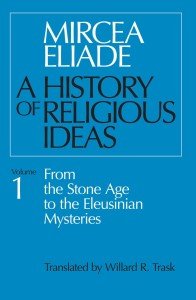

A History of Religious Ideas, Vol. 2: From Ga...
Product Review Score
4.52 out of 5 stars
90 reviews

A History of Religious Ideas, Vol. 3: From Mu...
Product Review Score
4.31 out of 5 stars
43 reviews
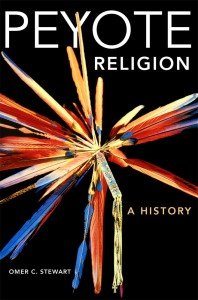
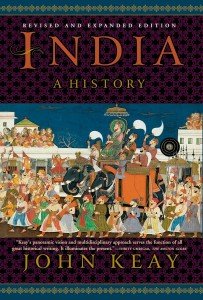
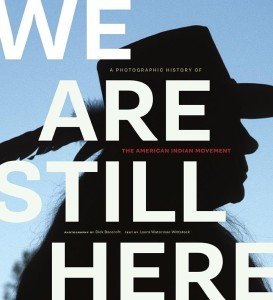
We Are Still Here: A Photographic History of...
Product Review Score
4.11 out of 5 stars
158 reviews

Like a Hurricane: The Indian Movement from Al...
Product Review Score
4.93 out of 5 stars
19 reviews
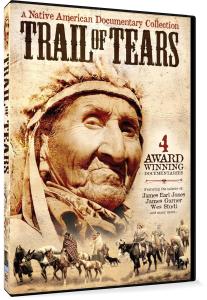
Trail of Tears - A Native American Documentar...
Product Review Score
4.55 out of 5 stars
78 reviews
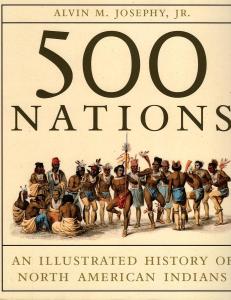
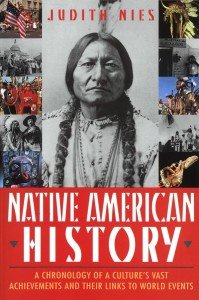
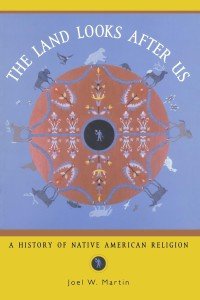
The Land Looks After Us: A History of Native...
Product Review Score
4.65 out of 5 stars
101 reviews
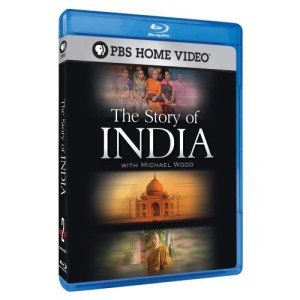
Studying history is integral to understanding and analyzing the complex and multi-faceted nature of religion. It allows for a deeper exploration of various religious traditions' origins, beliefs, and practices and how they have evolved over time. By examining the historical context in which religions emerged and developed, we can better understand their impact on societies and cultures.
The primary goal of incorporating history into the study of religion is to provide a comprehensive and nuanced understanding of the subject. It allows us to see how religion has influenced and been influenced by political, social, and cultural factors throughout history. This helps us recognize the dynamic nature of religion and its role in shaping our world.
Furthermore, studying religion's history can also foster empathy and tolerance towards different belief systems. By learning about the diverse ways in which people have practiced and interpreted their faith throughout history, we can develop a greater appreciation for the complexities and diversity of human experience.
In addition, studying the history of religion can also shed light on current religious conflicts and tensions. By examining past events and their consequences, we can gain insights into how and why certain religious beliefs and practices have led to conflicts and how they can be addressed in the present.
Ultimately, the goal of studying the history of religion is to gain a deeper understanding of the human experience and its role in shaping it. Examining the past can better navigate the present and pave the way for a more peaceful and tolerant future.
Studying history also allows for a critical examination of religious texts and doctrines. By understanding the context in which these texts were written and the social and cultural factors that influenced their creation, we can better interpret their meaning. This can help us to avoid misinterpretations and misrepresentations of religious teachings.
Moreover, the history of religion can also provide valuable insights into the evolution of religious institutions and their structures. By examining the development of religious organizations and their practices, we can better understand their role in society and their impact on individuals and communities.
The study of history can also reveal how religions have adapted and transformed over time. This highlights the resilience of religious traditions and how they have responded to changing social and cultural norms. This is particularly relevant today, where religious beliefs and practices constantly evolve.
Furthermore, the history of religion can also offer a deeper understanding of the relationship between religion and other aspects of human life, such as art, literature, and science. By exploring how these fields have influenced religious beliefs and practices, we can gain a more holistic understanding of human history and culture.
The study of history also allows for a more nuanced understanding of the role of religion in politics. By examining the historical relationship between religion and political power, we can gain insights into how religion has been used to justify and legitimize political agendas and the impact of religious beliefs on political decision-making.
Moreover, studying history can also help dispel myths and stereotypes surrounding certain religions. Examining the origins and development of various religious traditions can challenge misconceptions and foster a more accurate and nuanced understanding of different faiths.
It is also worth noting that the study of history is not limited to the past. By analyzing current events and their historical roots, we can better understand the present and make more informed decisions for the future. This is particularly important when addressing contemporary religious issues, such as religious extremism and discrimination.
In conclusion, studying history is crucial in understanding religion's complex and dynamic nature. It allows for a deeper exploration of the origins, beliefs, and practices of various religious traditions and their impact on society and culture. By examining the historical context in which religions have developed, we can gain valuable insights into the human experience and pave the way for a more tolerant and peaceful future.